 This is the third in a series of letters that Joy Cowley, author of the Mrs. Wishy-Washy books, wanted to write to show teachers some love and gratitude.
Pass them around to all the teachers you know who love Joy's work, and show them that Joy loves them back!
This is the third in a series of letters that Joy Cowley, author of the Mrs. Wishy-Washy books, wanted to write to show teachers some love and gratitude.
Pass them around to all the teachers you know who love Joy's work, and show them that Joy loves them back!
Dear Teachers,
It can be said that all writers are teachers. Their published words are like stones thrown in a pond. The ripples go out and affect lives. It is also true that all teachers can be writers. You all have stories to tell, stories that you can shape and make into books that children will enjoy.
I see hundreds of manuscripts in a year—a wide range of stories from an equally wide range of authors—and I rejoice when I see work that is going to empower and entertain children. May I share with you here the elements that make a good story?
1. ORIGINALITY. The author has not used ideas already published in other books but has pushed back the boundaries of the ordinary to give children a delicious tale. Think what Eric Carle did with an ordinary caterpillar. Look at Dr. Seuss’s version of ordinary eggs and ham. Taking an ordinary subject and dealing with it in an extraordinary way can produce a wonderful story.
2. CHILD-CENTEREDNESS. The author is writing from a child’s point of view, and not from some adult desire to “instruct” children. All books usually contain messages that will empower a child, but an adult message is not the reason for the story. Preaching usually has an adverse effect. As authors. our first duty is to entertain.
3. AUTHENTICITY. If a story feels real to the author, it will be real to the reader. A wise author will remember that fantasy is not the opposite of reality but an extension of it. Stories need to be logical, otherwise the reader will not relate to it in a personal way. A good book creates an environment in which the reader can exist as one or all of the characters, and in doing so can feel right at home.
4. PLOT. This is a simple word that is the backbone of any story. Plot is what happens, and if nothing happens, we don’t have a story. I have seen manuscripts that have no plot at all, or plots so slight that they don’t take the weight of the words placed on them. Most plots have some kind of tension or problem that gets resolved.
5. HUMOR. Although humor isn’t essential in a story, it means a lot to a young reader. Children laugh more than adults, and they love jokes. Because humor releases tension, I use it in stories for reluctant readers. Often I will put a little joke at the end of the book. This is encouragement to read to the last page, a bit like dessert after vegetables.
These tips come from personal experience, but you will know from your students what makes an effective book. You will be guided by their pleasure in reading.
With love and gratitude,
Joy Cowley
~~~
To learn about Joy's books, including her Mrs. Wishy-Washy titles, click here to visit the website, or click the images below to download series information sheets!



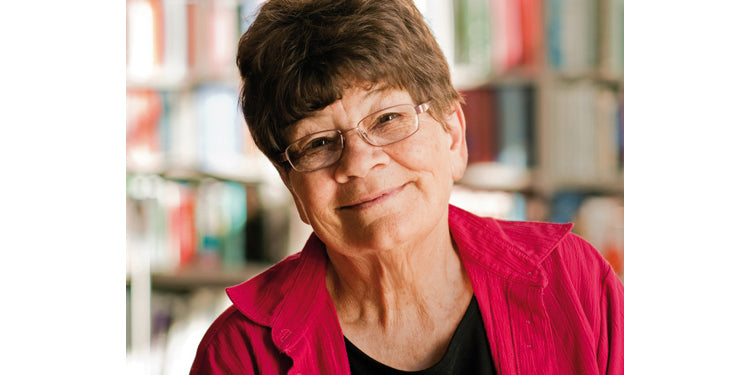







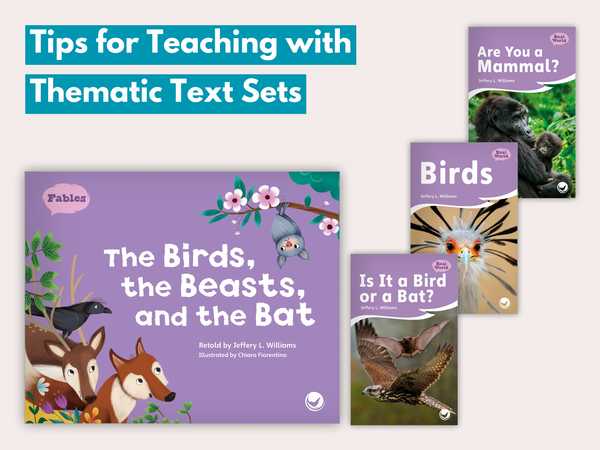
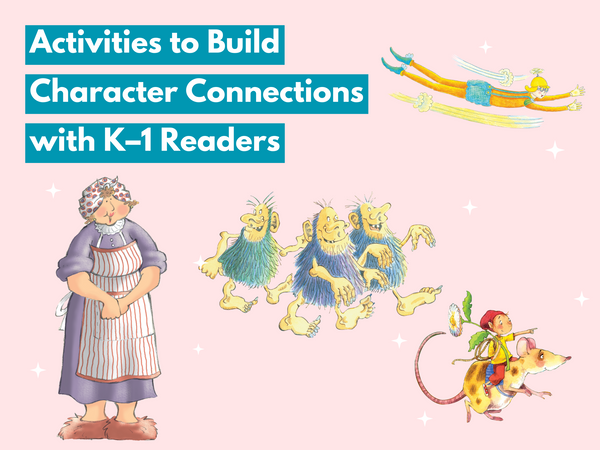
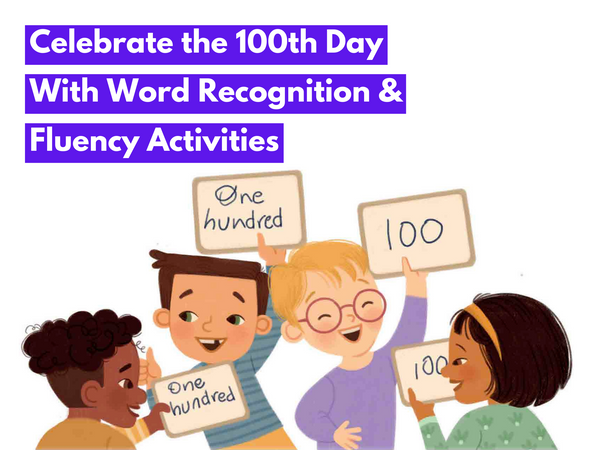
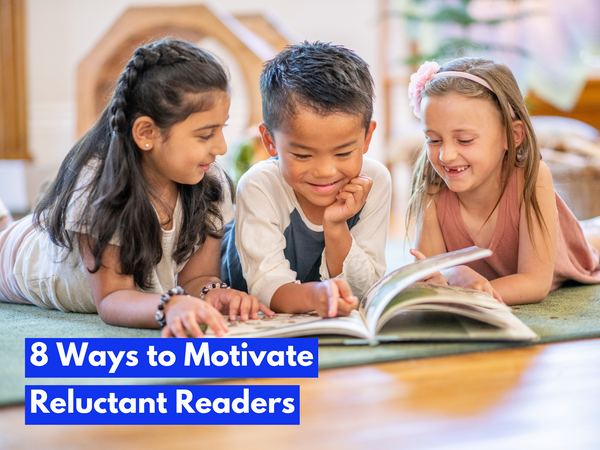
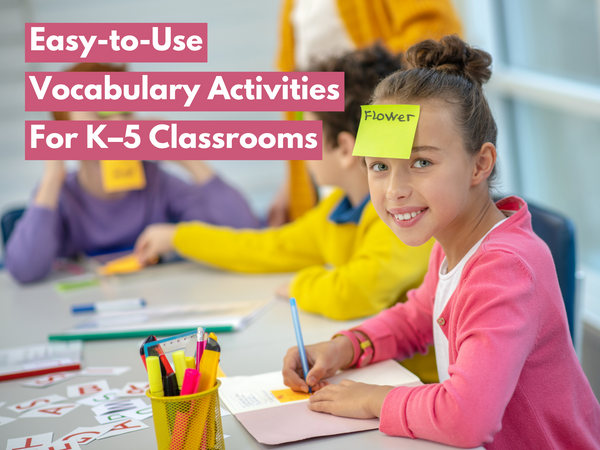
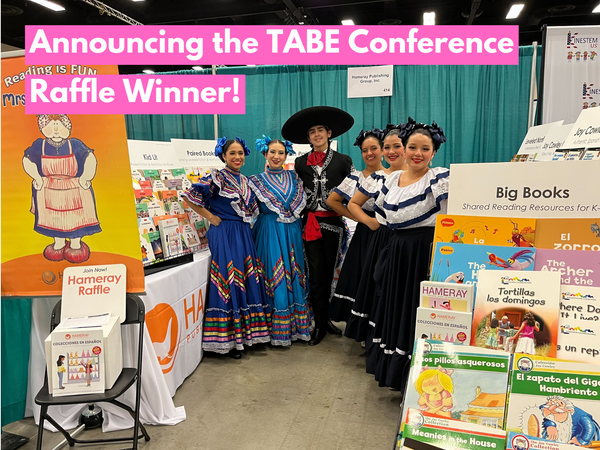
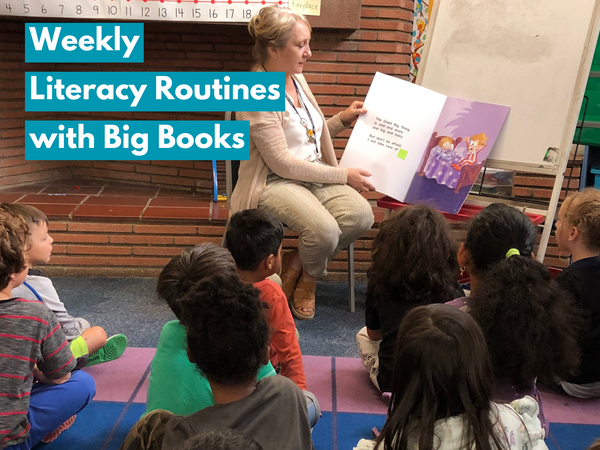
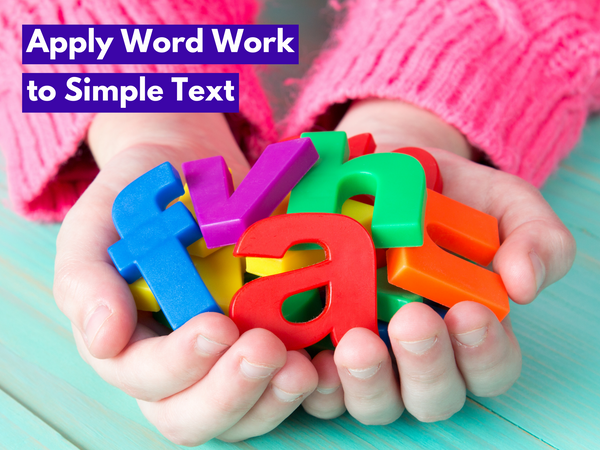
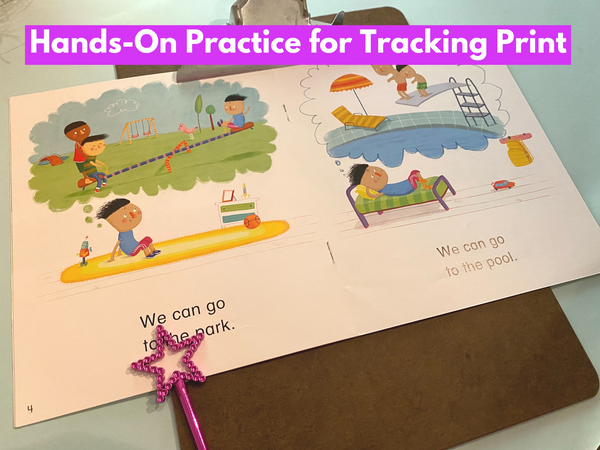
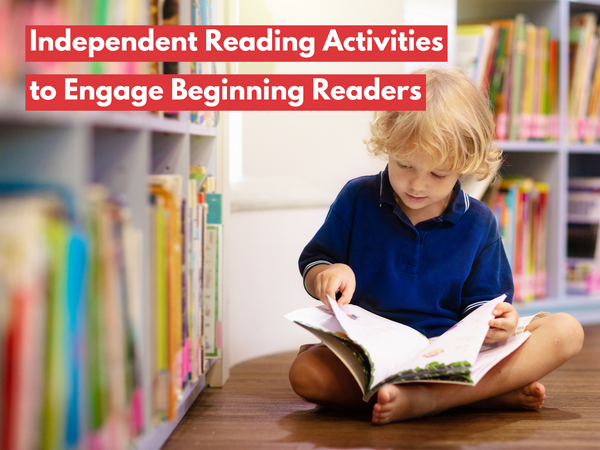
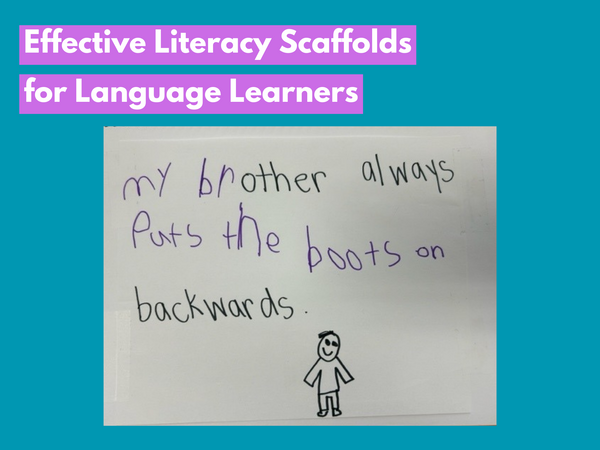
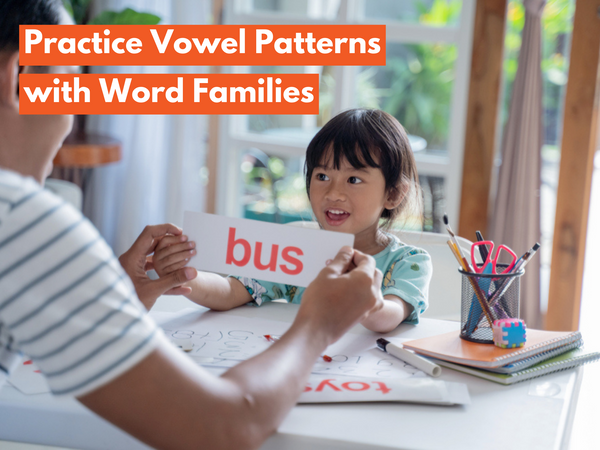
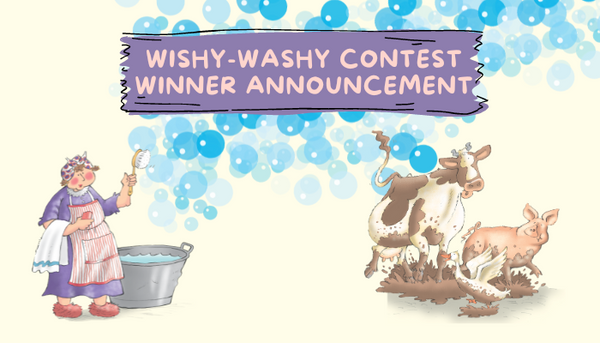
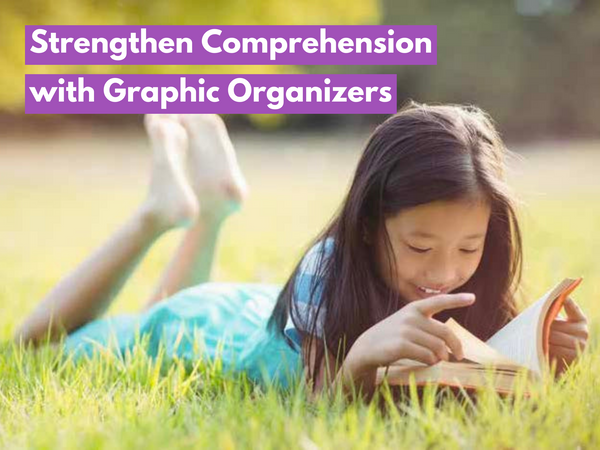
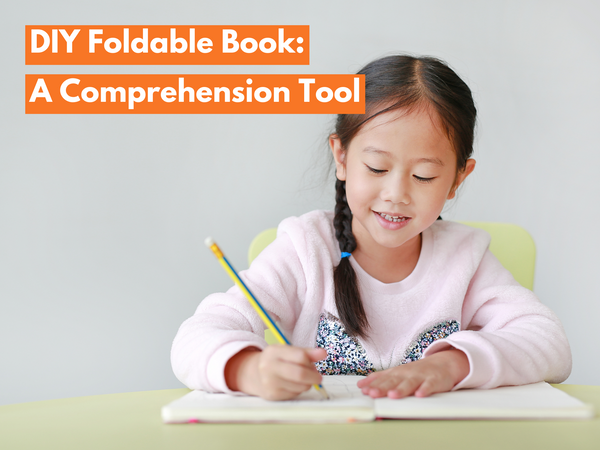
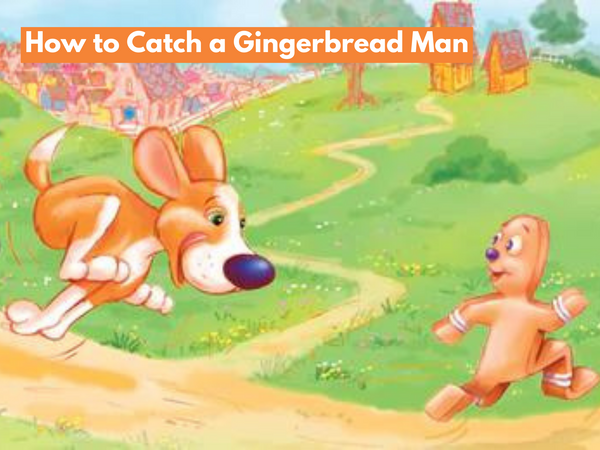
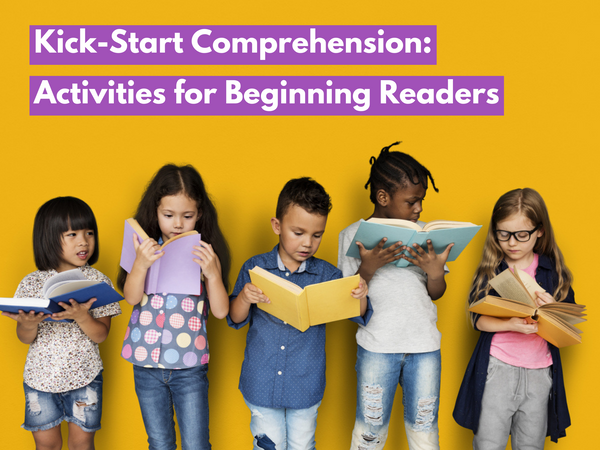
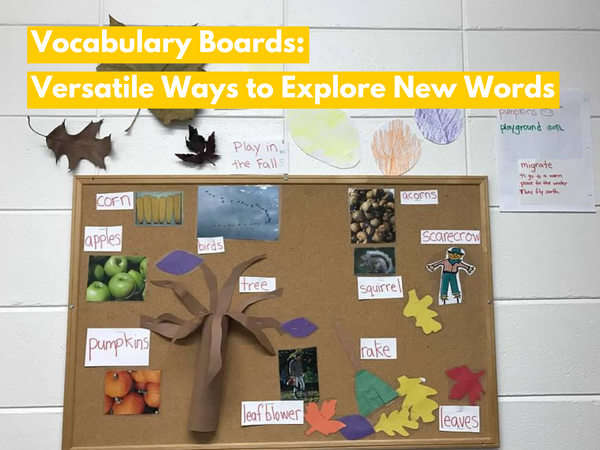
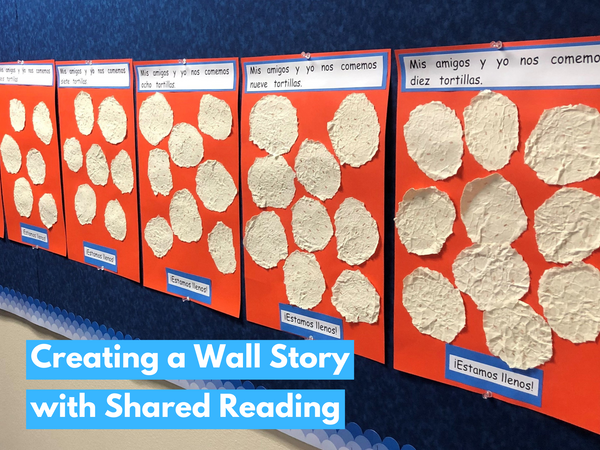
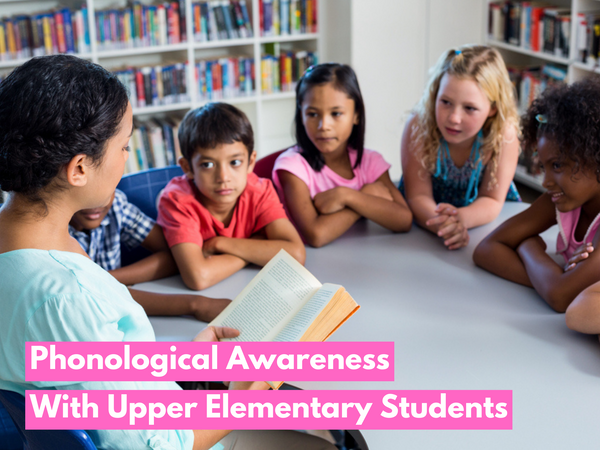
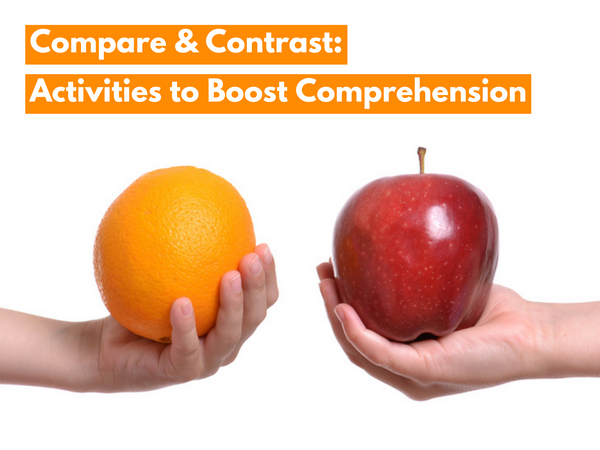
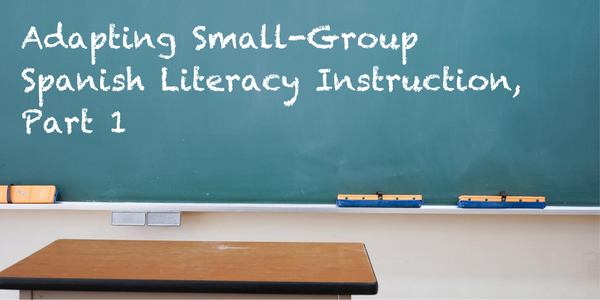
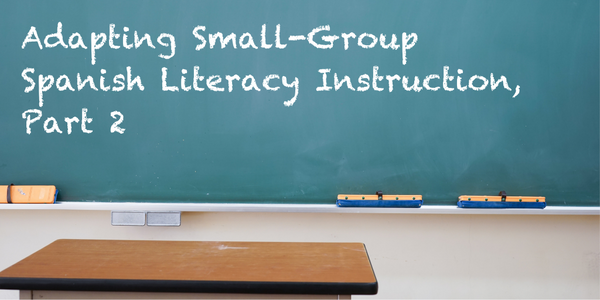
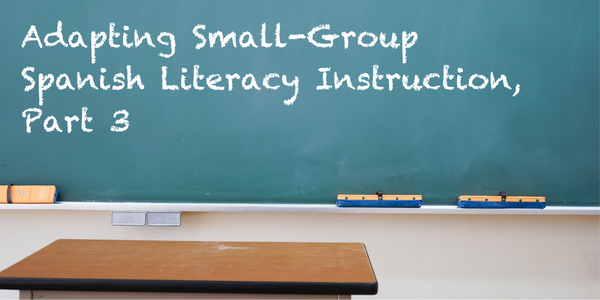
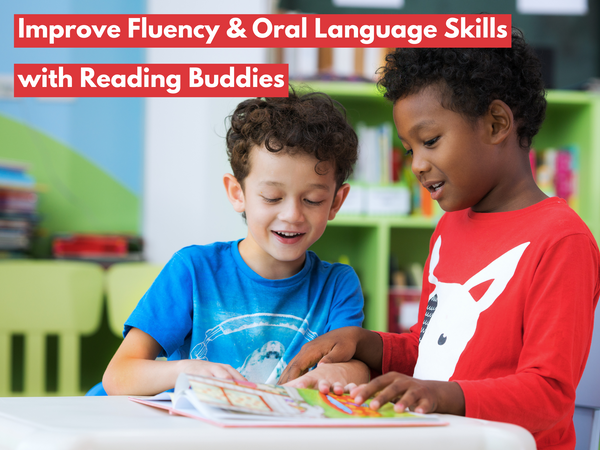
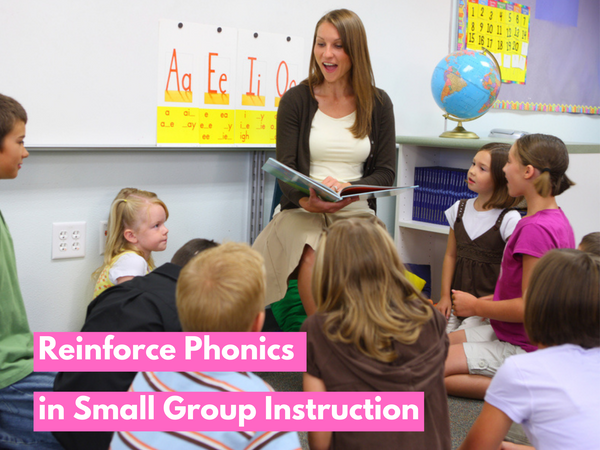
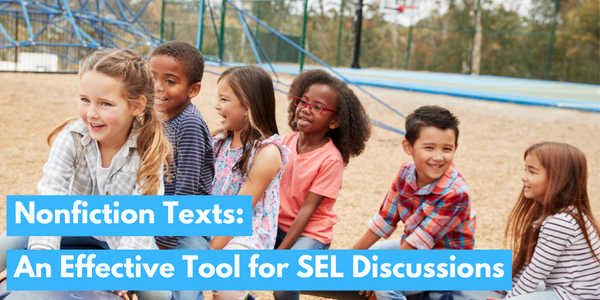
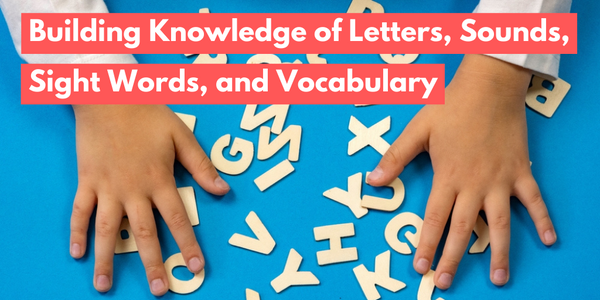
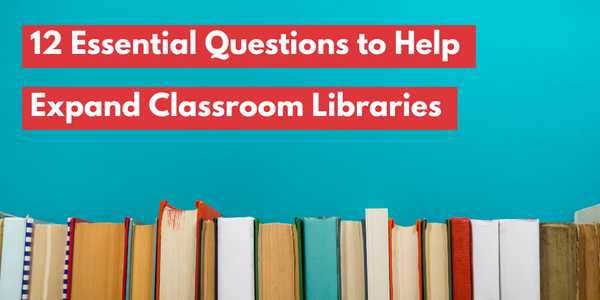

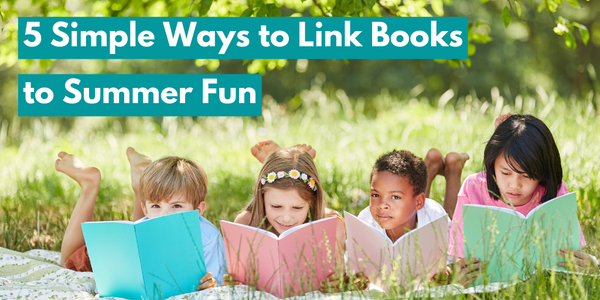
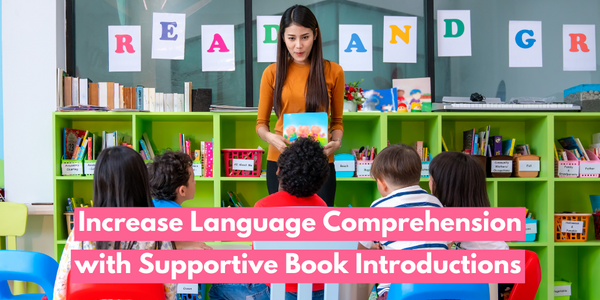
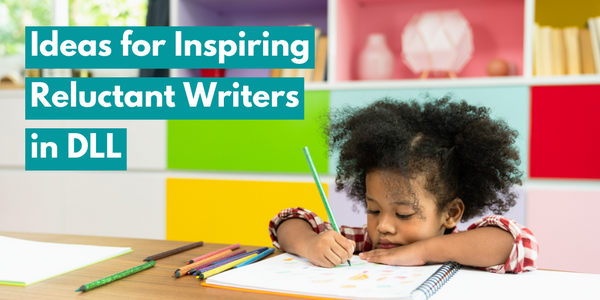
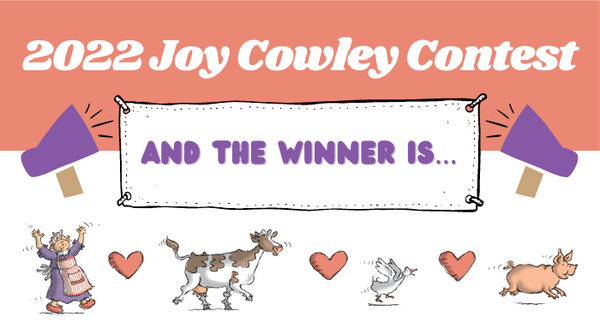

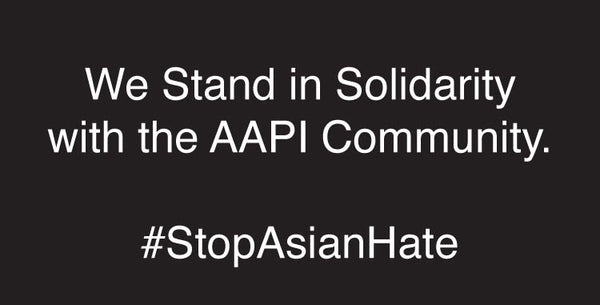
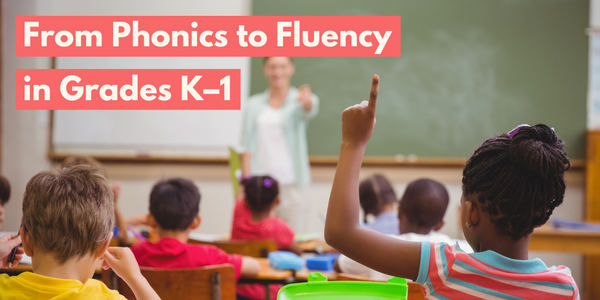
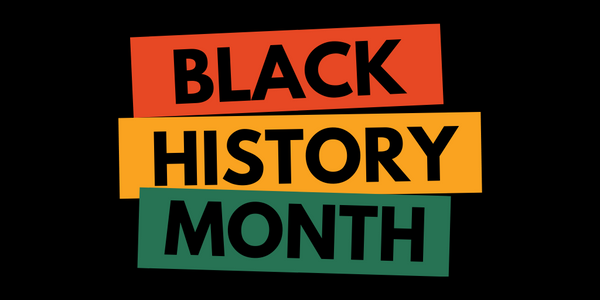
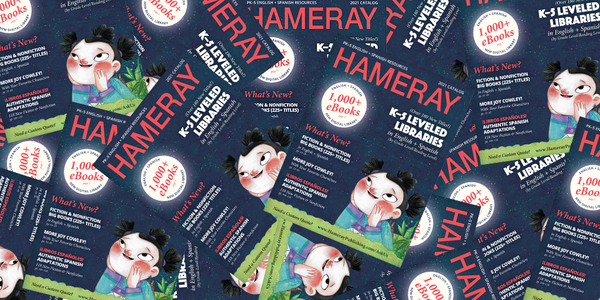
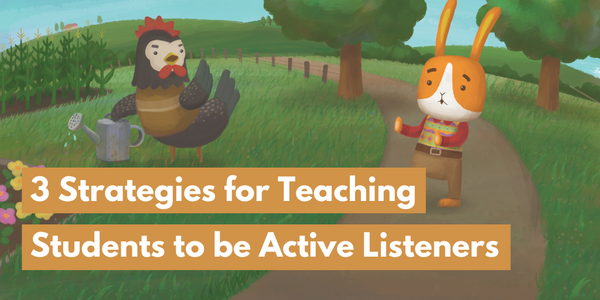
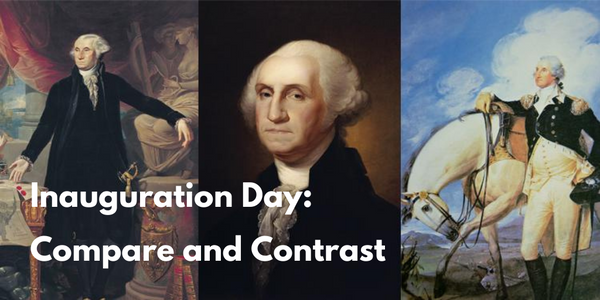
![6 Fun and Easy Activities to Practice Sequencing [Grades K-1]](http://www.hameraypublishing.com/cdn/shop/articles/Red_Typographic_Announcement_Twitter_Post-5_bf1ae163-a998-4503-aa03-555b038d1b76_600x.png?v=1689961568)